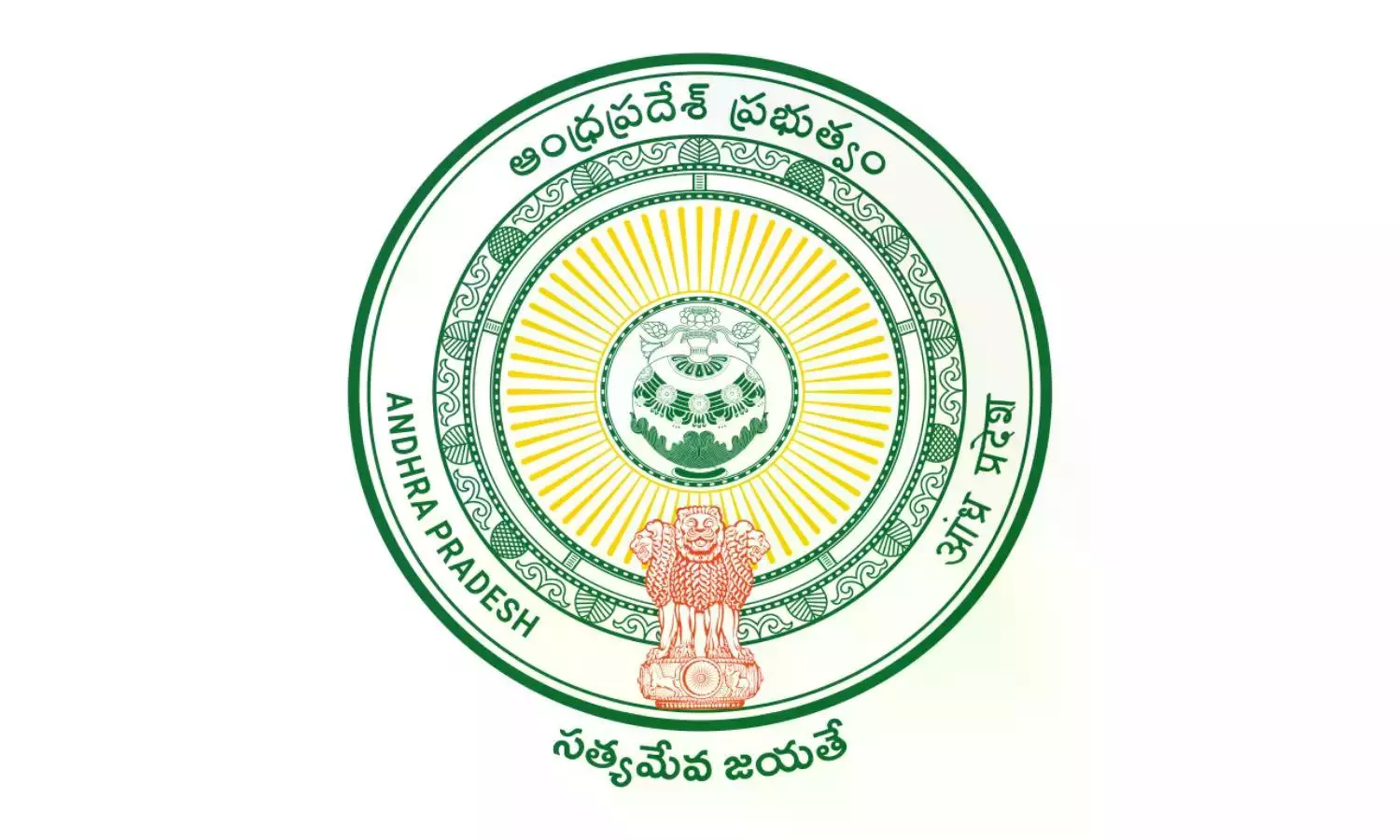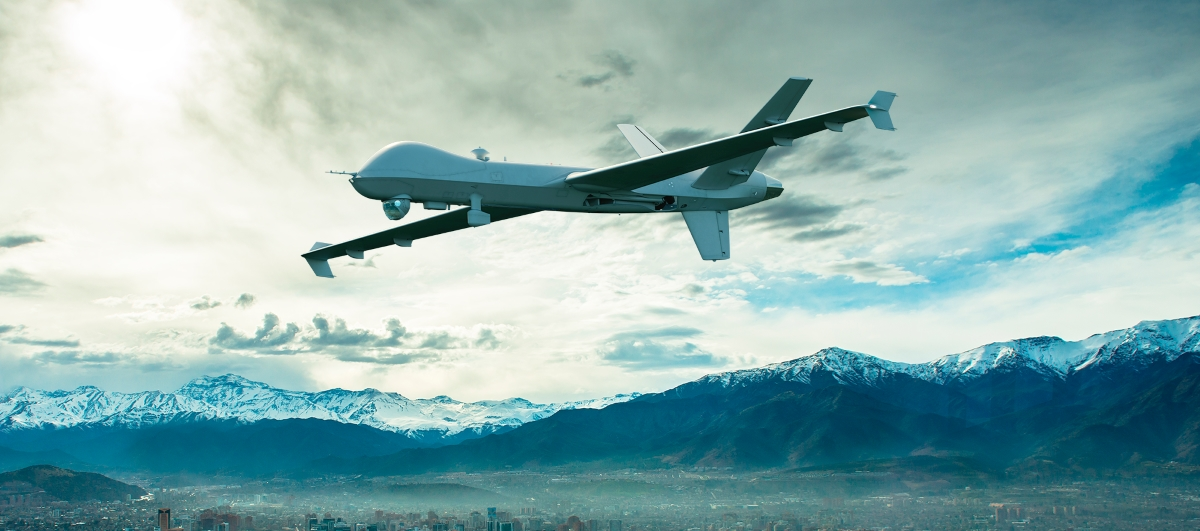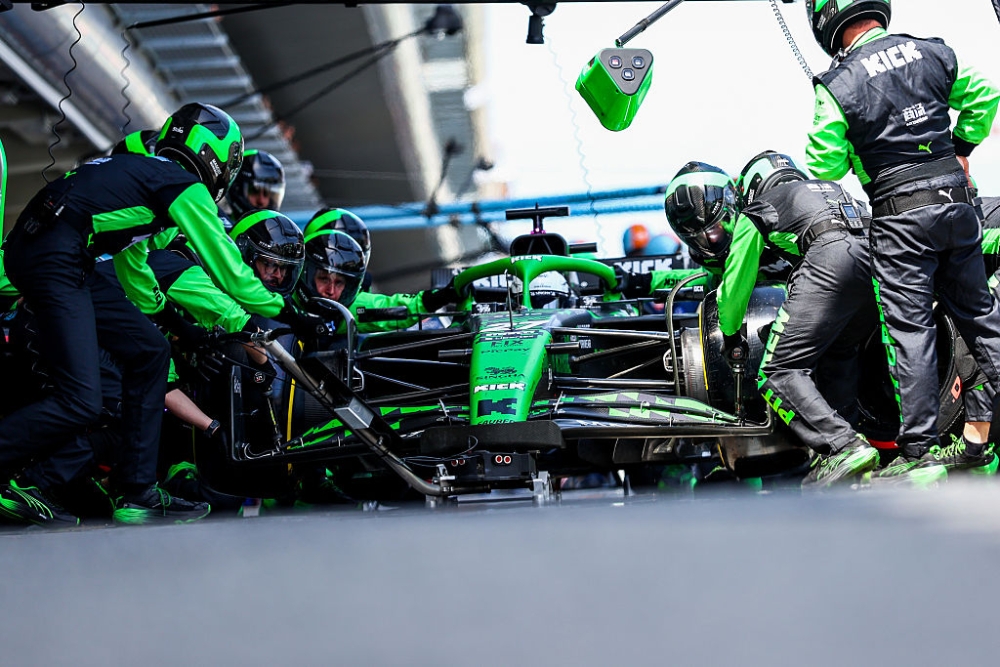Godavari Pushkaralu 2027: Tech-Driven Solutions for a Clean and Safe Pilgrimage - Experts Weigh In

Ensuring a Seamless and Hygienic Godavari Pushkaralu 2027 with Technology
The upcoming Godavari Pushkaralu in 2027 promises to be a significant spiritual event, drawing millions of devotees to the banks of the Godavari River. However, the sheer scale of the gathering presents considerable challenges, particularly regarding sanitation, hygiene, and overall safety. Recognizing this, leading civil engineering and environmental experts are advocating for a proactive, technology-driven approach to ensure a smooth and incident-free Pushkaralu.
Civil engineering and environmental expert KVSG Murali Krishna has recently outlined a comprehensive plan emphasizing the integration of technology to manage the event effectively. His proposals focus on maintaining cleanliness, ensuring hygiene, and safeguarding the environment throughout the Pushkaralu period. This isn't just about cleaning up after the event; it's about preventative measures and real-time management.
Key Recommendations for a Tech-Enabled Pushkaralu
Murali Krishna’s recommendations encompass several key areas, all centered around leveraging technology for improved efficiency and responsiveness:
- Smart Waste Management: Implementing sensor-based waste bins that alert authorities when they are full. This allows for optimized collection routes and prevents overflow, a common issue during large gatherings. Real-time data on waste generation can also inform resource allocation.
- Water Quality Monitoring: Deploying continuous water quality monitoring systems along the ghats and in key areas of the river. These systems can detect pollutants and provide early warnings, allowing for timely intervention and preventing health risks. Data can be made publicly available through a mobile app.
- Crowd Management & Security: Utilizing CCTV cameras with AI-powered analytics for crowd monitoring and anomaly detection. This can help identify potential security threats and assist in managing large crowds effectively. Facial recognition technology (with appropriate privacy safeguards) could be explored for identifying missing persons.
- Information Dissemination: Creating a dedicated mobile app and website providing real-time updates on water levels, weather conditions, safety advisories, and available facilities. This app can also facilitate reporting of issues and provide emergency contact information. Multilingual support is crucial.
- Ghat Maintenance & Hygiene: Employing robotic cleaning systems for ghats and surrounding areas. These systems can efficiently remove debris and maintain a clean environment. Regular disinfection using eco-friendly methods is also essential.
Beyond Technology: A Holistic Approach
While technology plays a crucial role, Murali Krishna emphasizes that it’s just one piece of the puzzle. A holistic approach is needed, involving community participation, effective coordination between government agencies, and stringent enforcement of hygiene regulations. Raising awareness among pilgrims about responsible behavior and environmental protection is also vital.
The successful implementation of these measures will require significant investment and meticulous planning. However, the benefits – a cleaner, safer, and more spiritually fulfilling experience for millions of pilgrims – are undeniable. By embracing technology and fostering a culture of responsibility, the Godavari Pushkaralu 2027 can set a new standard for managing large-scale religious events in India.
The focus now shifts to translating these expert recommendations into actionable plans and securing the necessary resources to ensure a truly memorable and incident-free Godavari Pushkaralu for all.






